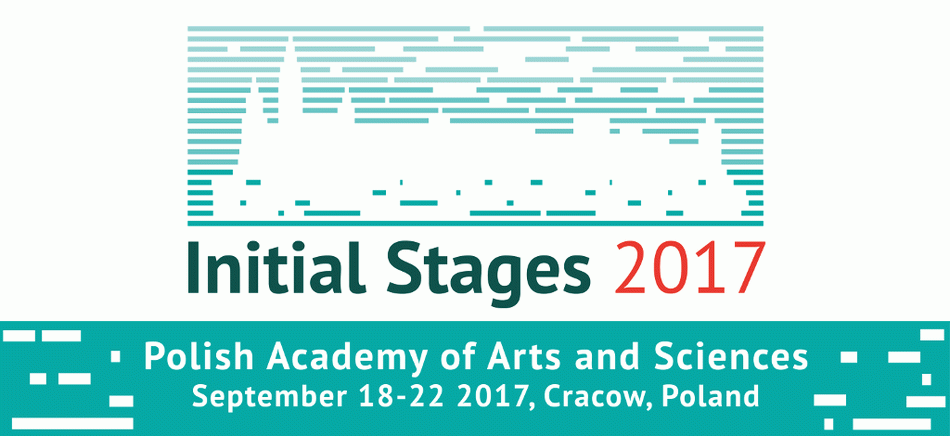Conveners
Thermalization / Hydrodynamization
- Michael Strickland (Kent State University)
Description
6 seminars, 20 min. each
We present explicit implementation of effective kinetic theory
(“bottom-up”) thermalization scenario and a smooth matching to the subsequent hydrodynamic evolution for realistic initial conditions.
The equilibration dynamics is captured by the out-of-equilibrium evolution of background energy-momentum tensor and linearised transverse energy and momentum response functions, which naturally...
Direct photons are an excellent tool to understand the properties of the quark gluon plasma created in heavy ion collisions. Since they are color-blind, photons carry directly the information of the system at their production time towards the detectors. The direct photons at mid-rapidity would carry convoluted information from the early to late stages of collisions, while those at forward...
The shear and the bulk relaxation times are important ingredients of the second order hydrodynamics whose success in heavy ion phenomenology is unquestioned. In this work, we report two field-theoretical analyses involving the shear and the bulk relaxation time. Unlike viscosities themselves, field theoretical calculations of the relaxation times are hard to come by in literature, especially...
Relativistic hydrodynamics has been an invaluable tool for understanding the nature of many phenomena, from heavy ion collisions to astrophysical plasma. There is a mounting evidence that the Chapman-Enskog expansion has a vanishing radius of convergence but, on the other hand, the method of moments applied to weakly interacting gasses doesn't have such problems. The equations can be...
We review the recent results from the event-by-event NLO pQCD + saturation + viscous hydrodynamics (EbyE NLO EKRT) model [1,2,3], where we perform a simultaneous analysis of LHC and RHIC bulk observables to systematically constrain the temperature dependence of the QCD matter shear viscosity-to-entropy ratio eta/s(T), and to test the initial state computation. In particular, we study the...
